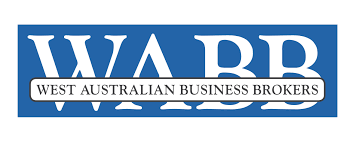
SOFTWARE VALUATION
Software valuation is an increasingly important aspect of business in today's economic climate. Being able to assign value to intangible property is assuming great importance. Even though it is rarely seen the software owned by a business might be its most valuable asset. Many businesses owe their competitive advantage to the unique software they have developed internally.
Software Value Drivers
Evaluating the value drivers for software valuation is a critical stage in the valuation process. Some of the key determinants of market value are:
Technology–given the rapid rate of advancement in software, assessments of the innovation level, ease of modification and updating, and replacement cost are critical in software valuation.
Richness of functionality–software that is easy to use, maintainable, efficient and widely applicable will command a higher value.
Adaptability–software that is robust,can be easily scaled to handle broader business structures, and be readily interfaced with other software applications will command higher valuations.
Documentation– is there a sufficient help utility, or adequate user and developer manuals?
Valuation Methods
The methods for software valuation are the cost approach, the market approach, and the income approach. Because each emphasizes different value drivers. In some cases, it may be appropriate to utilise more than one approach in forming a conclusion.
Cost Approach
Under the cost approach, value is based on the estimated cost of replacing the software with one of similar functionality. There are two types of cost:
Reproduction cost
which measures value as the cost to recreate an exact copy of the software.
Replacement cost
which measures value as the cost to recreate the functionality of the software. The cost approach is typically used in valuing internal use software.
Software Development Cost Models
Sophisticated models, created by software developers to estimate production time and costs are useful tools for valuers in determining development cost and in assessing program complexity. The main variable for these cost estimation models is the measure of the program's size or functionality, which is often measured as the lines of code in the software, or the number of "function points", a standard measure of complexity used by software developers.
Market Approaches
Under the market approach, value is determined by comparison to transactions involving similar software packages. The difficulty in applying this approach relates to the scarcity of reasonably comparable transactions. More data is available on transactions for the shares of software development companies as opposed to the software itself.
Income Approaches
Income approaches measure software value by reference to future earnings, cash flows or cost savings. Under the discounted cash flow approach, the value of software is determined as the present value of projected future net cash flows. The cash flows are only projected for the expected remaining life of the software. The valuer must determine an appropriate discount rate reflecting the risk of attaining the projected results, as well as general economic, product and industry specific risks.
Do you require a Software Valuation?
Contact us today for a free quote!
